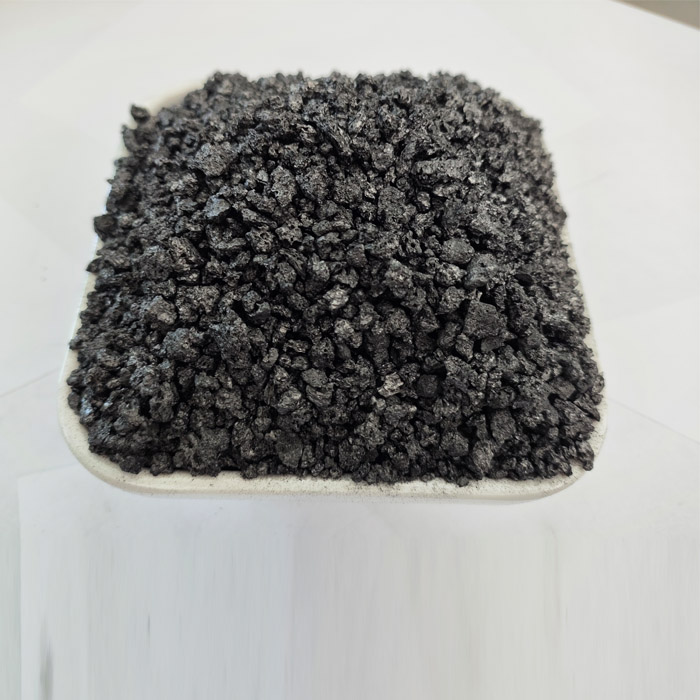Dec . 04, 2024 09:33 Back to list
Exploring the Role of Stem Walls in Modern Building Materials and Construction Techniques
Understanding Stem Walls and Building Materials
In the realm of construction, understanding the various components that contribute to structural integrity is critical. One such component is the stem wall. A stem wall is a type of foundation wall that extends above ground level, typically used to support the weight of a structure while also resisting lateral forces such as soil pressure and water. In this article, we will explore the purpose of stem walls, their construction methods, and the building materials commonly used in their creation.
The Purpose of Stem Walls
Stem walls serve several essential functions in a building’s foundation system. Primarily, they provide support for floors and walls by transferring loads to the ground below. This is especially important in areas where the ground level may vary due to slopes or required elevation for drainage. The height of the stem wall can be adjusted based on site conditions or architectural design requirements.
Moreover, stem walls can help mitigate moisture issues by elevating the building above ground level. This is particularly beneficial in flood-prone regions where standing water can pose a significant threat to structures. By utilizing a stem wall, builders create a barrier that helps prevent water from seeping into the building’s foundation.
Construction Methods
The construction of stem walls typically involves careful planning and site preparation. Soil conditions, load requirements, and local building codes must all be taken into account to ensure the wall's integrity and performance. Generally, stem walls are constructed using reinforced concrete, masonry, or a combination of both, depending on the project's needs.
1. Reinforced Concrete This is the most common material for constructing stem walls. Concrete is poured into forms and reinforced with steel rebar to enhance its strength. Reinforced concrete provides excellent resistance to compression and tension forces, making it ideal for bearing loads.
2. Masonry In some cases, stem walls are constructed using concrete blocks or bricks. Masonry walls can be aesthetically pleasing and are often used in conjunction with other architectural features. However, it is crucial to ensure that they are properly reinforced and anchored to ensure stability.
3. Combination of Materials In certain situations, builders may choose to use a mixed approach, combining both masonry and concrete. This can be advantageous when specific design considerations or load requirements dictate the need for varied materials.
stem walls and building materials

Building Materials
The choice of building materials for stem walls can significantly affect the overall durability and performance of the structure. Here are some of the most common materials used in constructing stem walls
- Concrete As noted, reinforced concrete is the most popular choice due to its strength, durability, and resistance to environmental stresses.
- Concrete Blocks These are often used in place of poured concrete, offering versatility in design and ease of installation.
- Brick While less common for large structural purposes, brick can be utilized in specific applications where aesthetics are important.
- Steel Reinforcement Steel rebar is essential for reinforcing concrete and masonry walls to enhance structural integrity.
- Waterproofing Membranes To address potential moisture issues, waterproofing membranes are often applied to stem walls, especially those in contact with soil.
Conclusion
Stem walls play a vital role in ensuring the stability, durability, and safety of buildings. By elevating structures and providing an effective way to manage lateral and vertical loads, they protect against environmental factors and ensure longevity. Choosing the right construction methods and materials is crucial in the design and construction process. Understanding these foundational elements allows builders and homeowners to create robust and reliable structures that can withstand the test of time.
-
Eco-Friendly Granule Covering Agent | Dust & Caking Control
NewsAug.06,2025
-
Fe-C Composite Pellets for BOF: High-Efficiency & Cost-Saving
NewsAug.05,2025
-
Premium Tundish Covering Agents Exporters | High Purity
NewsAug.04,2025
-
Fe-C Composite Pellets for BOF | Efficient & Economical
NewsAug.03,2025
-
Top Tundish Covering Agent Exporters | Premium Quality Solutions
NewsAug.02,2025
-
First Bauxite Exporters | AI-Optimized Supply
NewsAug.01,2025
